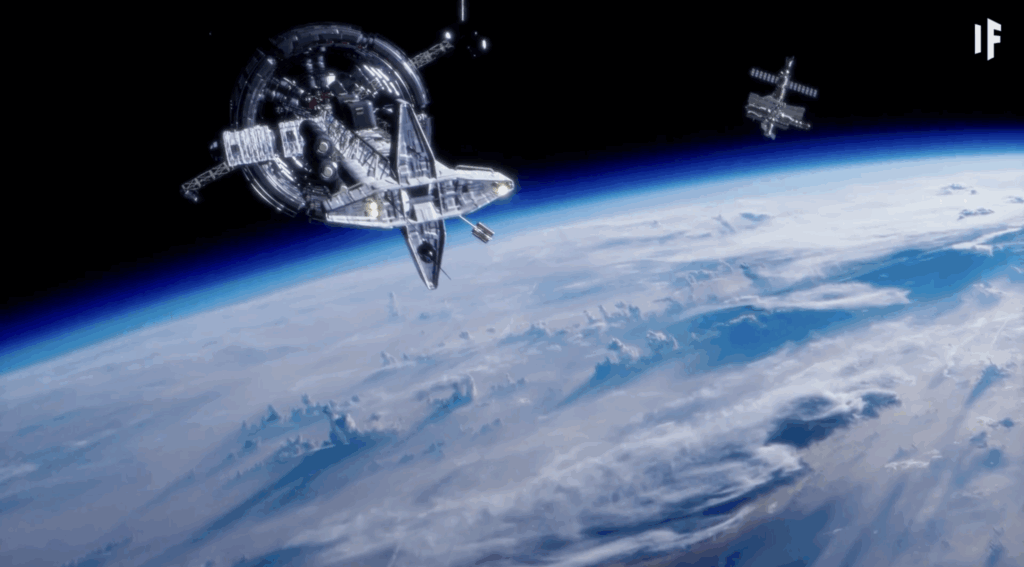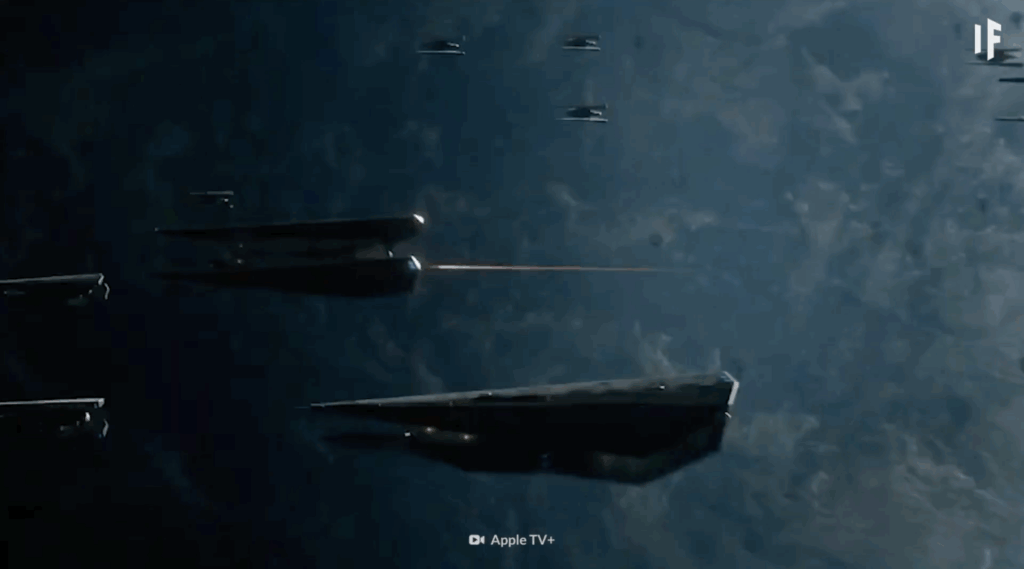With Earth’s geopolitical tensions on the rise, the possibility of a global conflict is becoming more than just a distant threat. But in the modern era, a future world war might not stay grounded. Instead, it could explode into outer space.
Here are eight reasons why World War Three might take place above our heads, and how devastating that could be for life on Earth. The next major conflict could begin with satellites, space weapons, and orbital strikes, changing the rules of war forever. What happens in space could have immediate and catastrophic effects on the ground below.
1. Rising Global Tensions Have Already Reached Orbit
The major world powers, especially the United States, China, and Russia, have been building up their space and cyber capabilities for years. From disputes over Arctic control to crumbling nuclear treaties, Earth’s fragile diplomacy is pushing humanity closer to the edge.
The space race is no longer about exploration but military supremacy, and that includes satellite defense systems, surveillance networks, and orbital weapons. Nations are preparing for a battlefield that extends beyond Earth, where controlling the skies could mean controlling the outcome of a global war. This shift marks a dangerous evolution in modern warfare.

2. Space-Based Weapons Could Change the Rules of War
In this new era of conflict, nations would deploy spacecraft designed specifically for combat. These would include both piloted and autonomous vehicles equipped with high energy lasers, satellite jammers, and missile defenses.
Countries like India, Japan, and those in the European Union could also enter the fray with their own space programs. What once seemed like science fiction could soon become standard military hardware. The skies above Earth may transform into a strategic battleground, where silent battles unfold in orbit with global consequences.

3. “Rods from God” Could Hit Earth Like Artificial Meteors
One of the most terrifying space weapons is a real concept called kinetic bombardment.
These are giant metal rods dropped from satellites that hit the ground with the force of a nuclear bomb, but without the radiation. If launched from orbit, they could level entire cities in seconds, making them powerful tools of destruction with fewer political consequences than nuclear weapons. Their precision and stealth make them even more dangerous, as they could strike without warning and leave behind little evidence of their origin.

4. The Moon Could Become a Major Battlefield
The Moon would be an ideal location for military bases, weapon testing facilities, and launch points for deeper space missions. Rival nations might fight to control lunar territory, leading to battles across its cratered surface.
With the Moon becoming a strategic stronghold, the phrase “one small step for man” could soon be redefined as a military maneuver rather than a peaceful milestone. Its low gravity and clear line of sight to Earth would make it a valuable outpost for surveillance and potential orbital strikes. Control of the Moon could shift the balance of power in future global conflicts.

5. Satellite Destruction Would Disrupt Life on Earth
As satellites become military targets, their destruction would cripple life on Earth. Communications, GPS navigation, weather tracking, and global banking systems all rely on orbital infrastructure. A war in space would cause digital chaos on Earth, plunging nations into economic collapse and leaving civilians disconnected and vulnerable.
Everyday tasks like phone calls, internet access, and air travel would be disrupted almost instantly. The ripple effects would be global, turning a space conflict into a full-scale crisis for life on the ground.

6. Space Conflict Could Expand to Mars and Beyond
As technology advances, space warfare could extend beyond Earth’s orbit to places like Mars, the Asteroid Belt, or even the outer planets. Future missions to colonize these worlds might turn into military operations. Countries would compete not just for land or influence, but for control of entire celestial bodies and the resources they hold.
Asteroids rich in metals, Martian water reserves, and fuel sources in deep space could become the new prizes of conflict. What begins as exploration could quickly evolve into territorial disputes on a solar system scale.

7. Militaries Would Drain National Budgets
Funding a war in space would demand enormous investments. Nations would shift most of their resources into developing advanced spacecraft, orbital defense systems, and futuristic weapons. This would severely impact domestic programs like healthcare, education, and environmental protection.
The global economy would suffer as the world poured its wealth into a new kind of arms race. As spending soared, basic services could be neglected, leading to unrest at home while conflicts escalated above. The pursuit of space dominance might come at the cost of stability on Earth.

8. The War Might Never End
Unlike traditional wars fought over land or borders, a war in space could stretch on indefinitely. With no clear territorial limits, the battlefront would keep expanding. Future generations could grow up in a world where nightly skywatching means seeing laser strikes, debris fields, and orbital skirmishes. And if it spirals out of control, it might take an intervention from beyond Earth, like another intelligent alien species, to finally bring peace.

A space-based world war is no longer just a fantasy, it is a possibility. And while it might offer incredible advancements in technology, the risks to humanity, the planet, and our future in space are enormous.

















